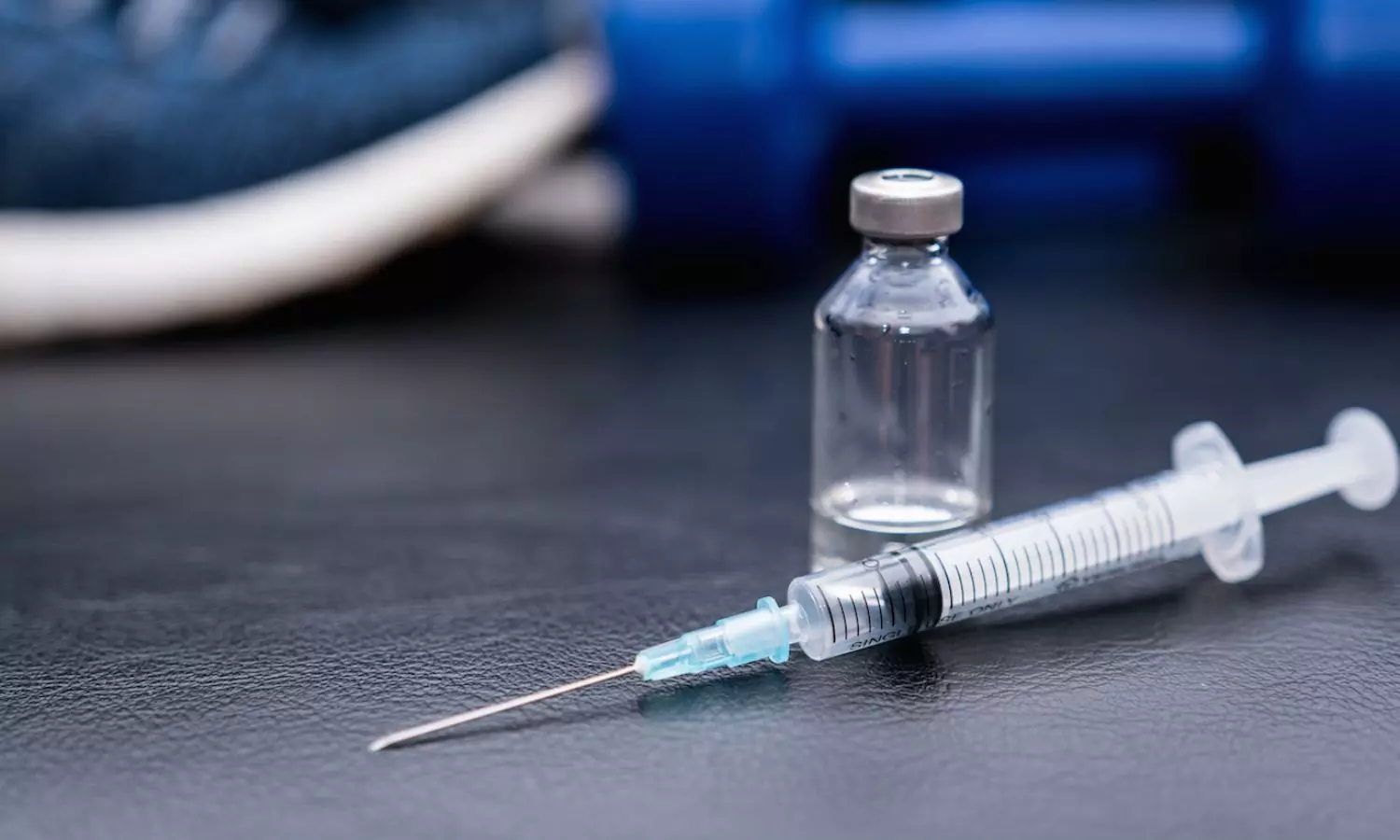Para Sports
Indian para-shuttler likely to face suspension over whereabouts failures
One of the top Indian para-shuttlers has reportedly missed two dope tests and failed to file his/her whereabouts in late 2022. This might lead to his/her suspension.

India's doping challenge continues (Representative Image)
A star Indian para-shuttler, who won a medal at the Paralympics, has reportedly missed two dope tests and failed to file his/her whereabouts in late 2022, as reported by The New Indian Express on Wednesday.
The matter was sent to the Court of Arbitration for Sports (CAS) after three whereabouts failures in 2022 and that was later pursued by the Badminton World Federation (BWF).
According to the BWF anti-doping rule, "Whereabouts failures by an athlete in any combination of three missed tests and/or filing failures, as defined in the International Standard for Results Management, within twelve months by an athlete in a Registered Testing Pool (RTP)."
The player had, as informed by BWF, been reported for three whereabouts failures in a year, and it was notified to the concerned authorities.
As per the World Anti-Doping Agency (WADA), “Athletes commit a missed test whereabouts failure if they are not available to be tested during their 60-minute designated testing window when a doping control officer comes to test them.”
The BWF has apparently sought a two-year ban as written in their Alternative Dispute Redressal (ADR) and the athlete was not provisionally suspended.
There are also indications that the CAS might rule in favour of the BWF. But the player can still appeal.
This could be another high-profile whereabouts failure by a top athlete of the country after sprinter Hima Das, and wrestler Pooja Dhanda, if the sanctions are upheld or pronounced.
The WADA's Operation Carousel had already warned India about its whereabouts inadequacy. "These interviews revealed, that the supervision of whereabouts was inadequate, that there was a lack of sufficient testing, and that NADA (National Anti-Doping Agency's) did not have an effective intelligence or investigative capability," WADA explained in their reports.
